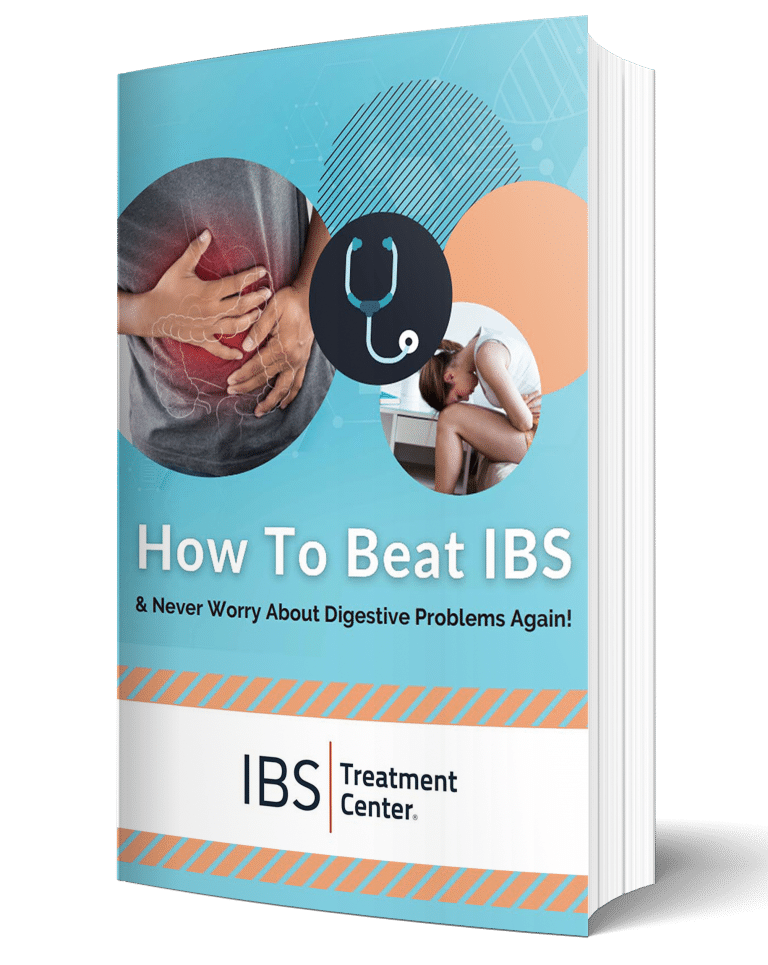Behçet’s Disease is a name given to define people who suffer from mouth ulcers (apthous ulcers) and any two of the following problems: recurring genital sores or ulcers, eye inflammation with loss of vision, skin lesions, or swelling of the skin when pricked with a needle. The skin lesions can be acne like, folliculitis, erythema nodosum, or red pus filled bumps or a bruise. The eye inflammation is known as uveitis.
The label Behçet’s Disease is technically based on the above criteria. However, these symptoms are not the only ones that often affect these people. Joint pains or arthritis affect more than half of these patients. And nearly one-fourth suffer neurological effects from a condition called meningoencephalitis (meningitis). People with meningoencephalitis may have fever, headache, stiff neck, and difficulty coordinating movement.
These patients also often suffer from ulcers throughout the digestive tract that are identical to the mouth sores and genital sores already mentioned. These ulcers may occur anywhere in the gastrointestinal tract from the mouth to the anus. This leads to abdominal pain, diarrhea, and/or bleeding. The issue that ties all of these symptoms together is inflammation. It is considered an autoimmune condition, but the diagnosis is based solely on presence the symptoms listed above.
A Behcet Patient’s Story
A 23 year old Behçet’s patient came to our clinic in 2007. She had been severely suffering for several years from a multitude of symptoms that originally started as a stiff neck and back, and tremendous fatigue. After numerous tests, all of which were negative, it was assumed that she was suffering from viral meningitis. However, severe episodes occurred three times over a year and developed into a chronic headache.
She then developed joint pain and mouth sores, with severe stomach pain as well as anal sores. She also experienced dark blood in her stools.
She had seen many doctors as well as a neurologist and a rheumatologist who finally diagnosed her with Behçet’s in 2003. She was originally put on prednisone for a year and a half, and was also taking methotrexate and azathiaprine to control her inflammation. Since that time she had added Enbrel and Humera for the joint pain that had developed.
In the year before coming to our clinic she developed gas, diarrhea and stomach pains that would double her over. And she had episodes of pain that felt like shards of glass in her bowel movements. Visits to the ER and to a gastroenterologist led to many tests, but no significant problems could be found. She was told that she had IBS. Upon visiting our clinic in 2007 she was immediately tested for IgG and IgE immune reactions to 96 different foods. Her lab results demonstrated that she had positive IgG reactions to several foods, most notably dairy, egg and gluten.
Once she became aware that these foods were causing inflammation she was able to begin focusing on carefully avoiding them. Through dietary counseling she was made aware of the hidden sources of these foods and the alternatives and preferable options for her diet.
Within a short time she began to feel better. Her energy dramatically improved within days. All of her digestive problems, including all of the pain and diarrhea resolved within about 2 months. Her mouth ulcers also resolved in that time, as did her headaches. She implemented a new exercise routine and began living a normal life. Eight months later she continued to feel fine and had eliminated 7 of 8 medications she had been prescribed. If she ingested her allergenic foods then she would again begin to experience episodes of digestive problems. This patient was incredibly pleased with her turn-around. She even agreed to appear in a video testimonial on our website.
This may seem like an unusual case. However, there are relatively few people with Behçet’s, and only one study on the relationship between food allergies and Behçet’s has been done. This study only looked at two foods, but it did find a positive association between antibody reactions to Behçet’s and dairy products. Unfortunately, the study went no further than this and did not remove the food from the diets of those studied. (1)
The improvement in this patient should not be completely surprising. An immune reaction to foods will result in inflammation and medical studies have found that food reactions are associated with literally hundreds of different signs and symptoms. The most notable examples of these studies are found in relationship to gluten intolerance.
It is not unusual for patients with mouth ulcers, joint pains, digestive problems, headaches, and/or skin reactions to be suffering from food allergies. In fact, there are many studies on the relationship between food allergies and these exact problems. Studies also link uveitis to food allergies. Selected studies can be found Center for Food Allergies and on the research page of the Innate Health Foundation.
Unfortunately, studies such as these gain relatively little attention and most doctors are not aware of them. Do we need more studies? Certainly, we always need more studies. But you don’t have to wait around for more studies in order to get tested for immune reactions to foods. The evidence we have now is substantial. You have very little to lose and a tremendous amount to gain.
1. Triolo G, et al. Humoral and cell mediated immune response to cow’s milk proteins in Behçet’s disease. Annals of the Rheumatic Diseases. 2002;61:459-462.
Image thanks to nhs.uk

Dr. Wangen is the founder and medical director of the IBS Treatment Center, the award winning author of two books, and a nationally recognized speaker on digestive disorders. He has been on ABC, NBC, and Fox as well as public radio, and was named one of Seattle’s Top Doctors by Seattle Magazine.

